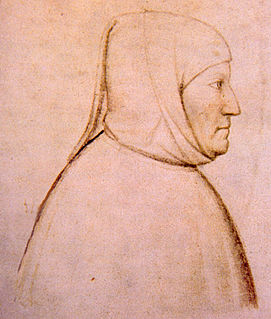A Quote by William Shakespeare
Related Quotes
If we cannot remain present during sleep, if we lose ourselves every night, what chance do we have to be aware when death comes? If we enter our dreams and interact with the mind's images as if they are real, we should not expect to be free in the state after death. Look to your experience in dreams to know how you will fare in death. Look to your experience of sleep to discover whether or not you are truly awake.
Sleep would be so welcome. A warm blanket of black to erase everything else. Sleep without dreams. I've heard people talk about the sleep of the dead. Is that what death would feel like? The nicest, warmest, heaviest never-ending nap? If that's what it's like, I wouldn't mind. If that's what dying is like, I wouldn't mind that at all.
Early studies of sleep and dreaming were crucially dependent on waking subjects up during sleep to find out whether they are dreaming or not. Using that strategy, it was found that when the eyes are rapidly moving (REM sleep) people are usually dreaming; when the eyes are not moving, there may be some mentation, but little in the way of visually rich dreams.





































